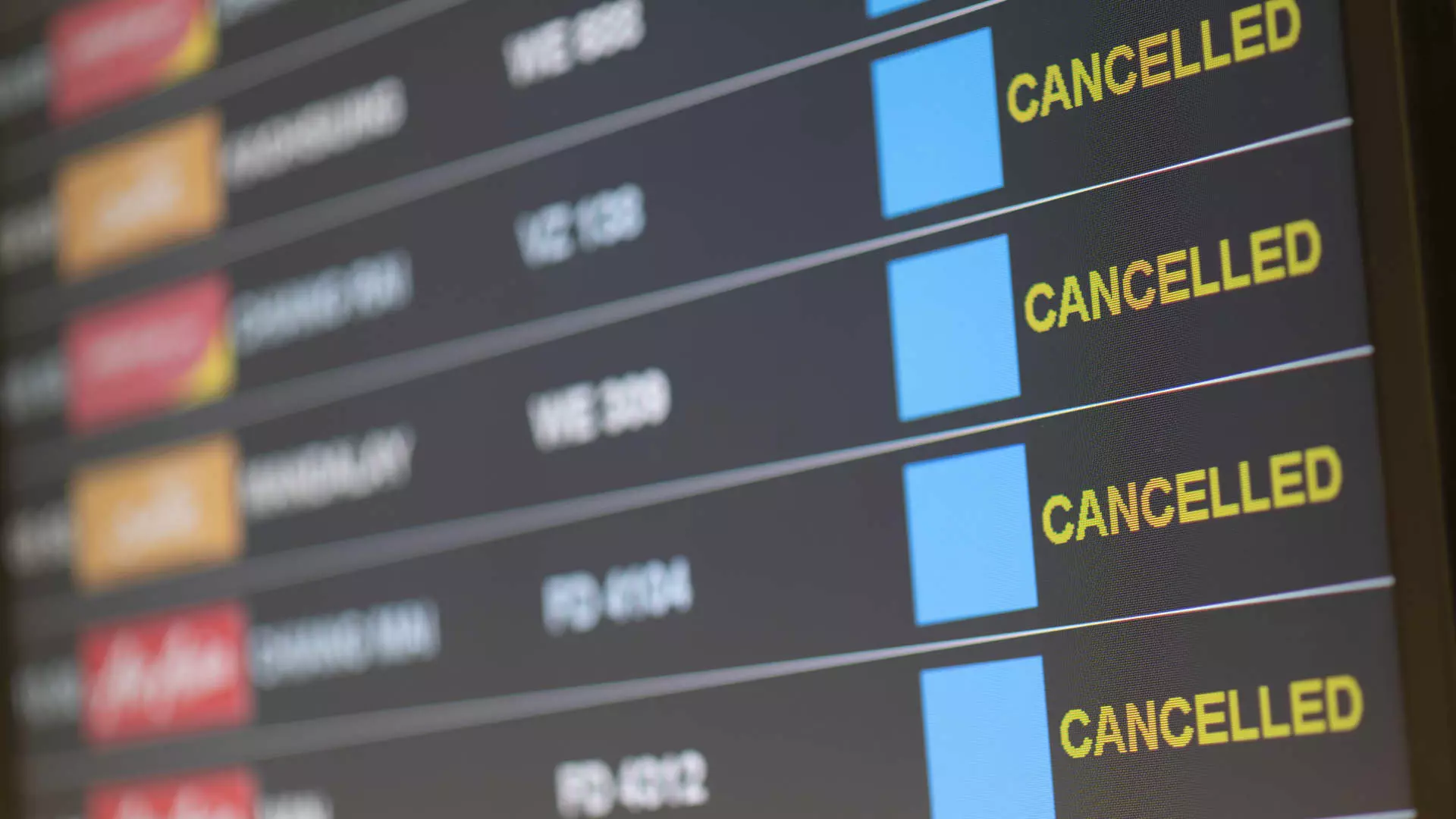When it comes to dealing with flight delays and cancellations, travelers often find themselves at the mercy of airline policies. According to experts, airlines in the U.S. are not obligated to pay passengers any compensation for disruptions caused by factors such as bad weather or high volume. The summer travel season, which typically runs from mid-June to the end of August, sees an increase in flight disruptions due to factors like bad weather and increased air traffic.
Under U.S. Department of Transportation regulations, airlines are required to refund the ticket price and fees to passengers if they cancel a flight or make a significant change, regardless of the reason. Passengers are entitled to a refund if they choose not to accept an alternative option from the airline, such as rebooking on a different flight. However, the DOT does not currently define what constitutes a “significant” change, leaving it up to individual airlines to determine.
Starting Oct. 28, airlines will be required to promptly and automatically pay refunds to customers for delays of three hours or more on domestic flights and six hours or more on international flights. While some airlines offer compensation in the form of rebooking on the same airline or providing a free meal for delays longer than three hours, none offer cash compensation for delays.
International Passenger Rights
Passengers flying to and from Europe generally have more rights to compensation under European Union law. However, the same obligations may not apply to delays or cancellations outside airline control, such as those caused by bad weather. Passengers may be eligible for different compensation based on international rules and regulations.
Experts recommend several strategies for minimizing the impact of flight delays and cancellations. Booking the first flight of the day, avoiding connecting flights, building in a buffer day at your destination, and flying on less busy days can all help reduce the odds of a disruption. Packing smartly with essential items in a carry-on bag, and multitasking while waiting for assistance can also help travelers cope with unexpected delays.
Understanding airline compensation policies, passenger rights, and international regulations is crucial for travelers facing flight delays and cancellations. By following expert recommendations and implementing strategies to minimize disruptions, passengers can navigate the challenges of air travel more effectively.


Leave a Reply